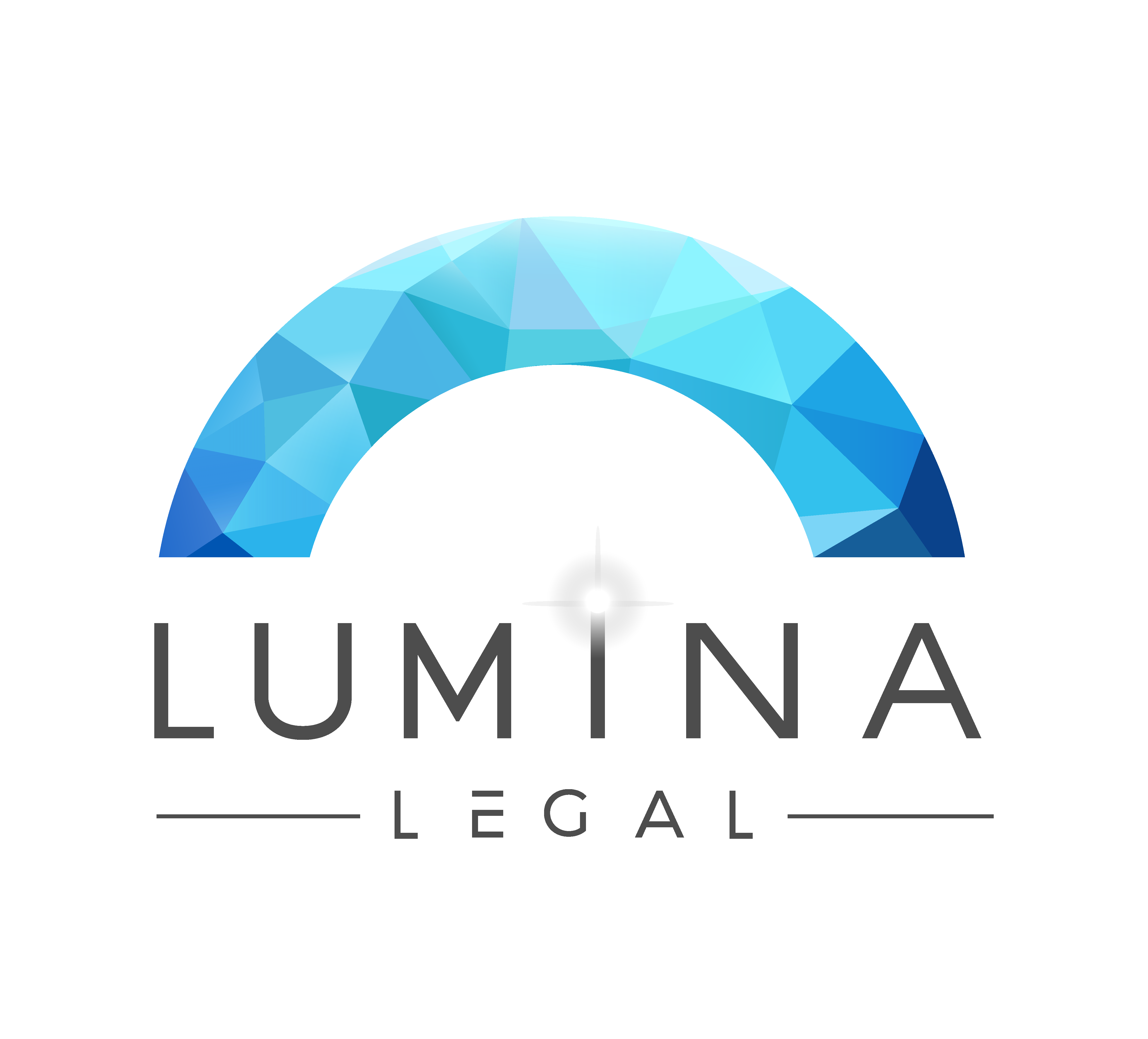In the intricate landscape of business transactions, safeguarding confidential information is paramount. Mutual Non-Disclosure Agreements (NDA) and Unilateral Non-Disclosure Agreements serve as essential legal tools, providing a shield for sensitive data exchanged between parties.
Whether you’re a startup forging partnerships, an established corporation navigating joint ventures, or an individual entrepreneur sharing proprietary knowledge, understanding the nuances of unilateral and mutual NDA can profoundly impact your strategic decisions and legal protections.
Hello, I’m Rocky White, a legal attorney at Lumina Legal in Seattle. In this article, we’ll explore the differences between unilateral and mutual NDA and discuss strategies for effective confidentiality management. Join me as we dissect these two types of NDAs and shed light on how to safeguard your sensitive information.
Unpacking Unilateral NDAs: Advantages, Limitations, and Best Practices
Unilateral NDAs, also known as one-way NDAs, are agreements in which one party shares confidential information with another, usually to protect sensitive data in business transactions. These agreements offer various advantages, limitations, and best practices that companies should consider.
Unilateral NDAs provide a clear framework for protecting confidential information by legally binding the receiving party to maintain confidentiality. On the other hand, unilateral NDAs are usually simpler and faster to negotiate and execute, simplifying the process of protecting confidential information.
Despite that, unilateral NDAs may have limitations that companies should be aware of. For example, in the event of a breach, the disclosing party may have limited legal remedies compared to situations where mutual protection exists.
Additionally, because unilateral NDAs do not provide reciprocal protection for both parties’ information, the disclosing party may face challenges in ensuring balanced protection.
To maximize the effectiveness of unilateral NDAs, companies must adhere to certain best practices. This includes clearly defining the scope of confidential information to avoid ambiguity and disputes. It is also crucial to ensure that the agreement complies with relevant regulations, underscoring the importance of seeking legal guidance during the process.
Mutual NDA: A Comprehensive Overview of Shared Confidentiality Agreements
On the other hand, mutual NDA present a more comprehensive approach to confidentiality management compared to their unilateral counterparts. These agreements establish a reciprocal obligation between the parties to safeguard each other’s confidential information, thus fostering an environment of trust and collaboration.
Unlike unilateral NDAs, which focus predominantly on protecting the confidential data of the disclosing party, mutual NDAs strive to ensure balanced protection for all parties involved, recognizing the mutual exchange of confidential information inherent in many business relationships.
The implementation of mutual NDA may indeed involve greater complexity in negotiation and execution due to the need to address the interests and concerns of both parties comprehensively. Negotiating the terms of mutual confidentiality agreements requires careful consideration and consensus-building regarding the scope of confidential information.
However, despite the potential challenges associated with their implementation, mutual NDAs offer significant advantages in terms of providing equal protection for both parties’ confidential information. By establishing a framework for reciprocal confidentiality obligations, these agreements lay the foundation for constructive collaboration and partnership.
When to Choose a Unilateral NDA: Practical Scenarios and Considerations
The decision to opt for a unilateral NDA largely depends on the practical scenarios and considerations surrounding the disclosure of confidential information.
For example, in cases where a party needs to share proprietary data with a contractor or investor, a unilateral NDA is often sufficient. This scenario frequently arises in commercial transactions where one party has valuable information that needs protection while the other party requires access to it for a specific purpose.
Additionally, unilateral NDAs offer a simplified approach by placing the burden of confidentiality solely on the receiving party, which may be advantageous in certain circumstances.
By simplifying the negotiation and execution process, unilateral NDAs accelerate the establishment of confidentiality agreements, facilitating smoother transactions and collaborations.
However, while these agreements effectively protect the disclosing party’s information, they may not offer sufficient protection if the receiving party also needs to share sensitive data in return.
In such cases, when both parties bring valuable knowledge or exclusive knowledge, it is often more appropriate to opt for a mutual confidentiality agreement.
Therefore, when deciding whether to use a unilateral NDA, companies should carefully evaluate the specific circumstances and weigh practical considerations to determine the most appropriate approach to effectively safeguarding their confidential information.
Mutual NDAs in Practice: Real-World Applications and Industry Insights
Mutual NDAs are ubiquitous in various industries and find wide application in sectors such as technology, healthcare, finance, and more. Its widespread adoption underscores its versatility and effectiveness in safeguarding a wide range of sensitive information critical to business operations.
In practice, mutual NDAs serve as a buffer that protects a broad spectrum of assets, including trade secrets, customer data, proprietary technology, and intellectual property. By establishing a mutual commitment to confidentiality, these mutual NDAs enable companies to engage in strategic alliances, joint ventures, and collaborative partnerships with confidence.
Within the technology sector, mutual NDAs play a critical role in facilitating innovation and fostering collaboration between industry players. Whether engaging in research and development partnerships, licensing agreements, or technology transfer agreements, mutual NDAs provide a framework for sharing valuable knowledge and intellectual property while mitigating associated risks.
Similarly, in the healthcare industry, mutual NDAs are critical to preserving the confidentiality of sensitive patient data and proprietary research results, among others. This ensures that critical medical advances remain protected as stakeholders collaborate to improve patient outcomes and drive medical innovation.
Furthermore, in the financial sector, mutual NDAs are indispensable to protect sensitive financial data, proprietary trading algorithms, and investment strategies. Banks, investment firms, and financial institutions rely on these agreements to safeguard confidential information related to mergers and acquisitions, strategic investments, and market research.
In essence, the widespread use of mutual NDAs across various industries underscores their role as a cornerstone of modern business practices. By providing a strong framework to protect confidential information and foster trust between parties, these agreements enable companies to navigate the complexities of collaborative ventures and strategic alliances with confidence.
Conclusion: Exploring Mutual NDA with Lumina Legal’s Expertise
Given the complexities inherent in drafting and negotiating NDAs, seeking legal advice is paramount. By enlisting the expertise of seasoned professionals, like Lumina Legal in Seattle, you can gain invaluable information and guidance tailored to your specific needs and circumstances.
Our team of legal experts has extensive experience in navigating the complexities of mutual NDAs or Unilateral NDAs, ensuring that your interests are safeguarded to the greatest extent possible. Whether you are a startup or a big corporation, we are here to provide you with the strategic advice and legal support you need to make informed decisions and effectively mitigate risks. Don’t leave protecting your confidential information to chance; partner with Lumina Legal and protect your future success.


Recent Comments